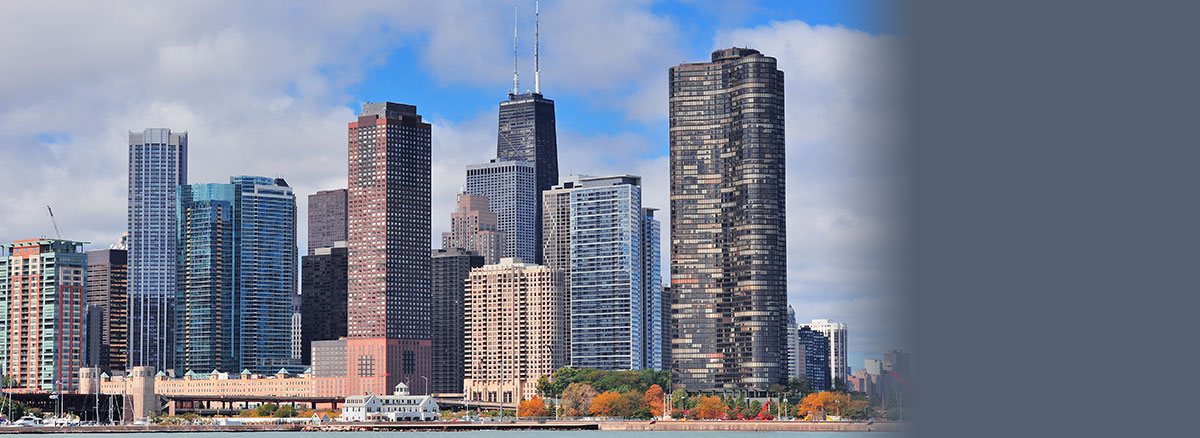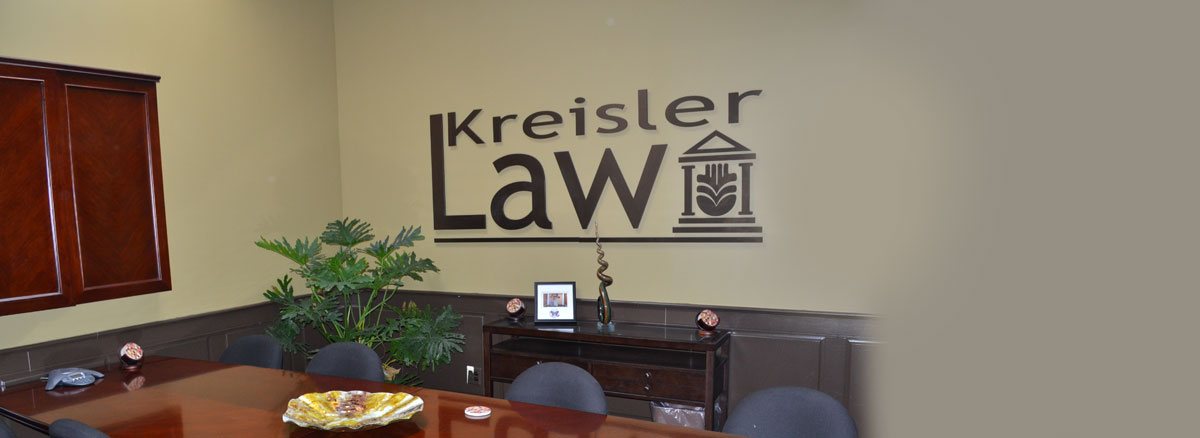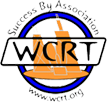
Posts Tagged ‘lease’
When Must a Chicago Landlord Disclose Building Code Violations to a Tenant
The Chicago Residential Landlord and Tenant Ordinance (RLTO) requires that a Chicago Landlord in a non-owner occupied building or in an owner-occupied building of more than six units must notify a prospective tenant in writing of any code violations in the building which have been cited during the previous 12 months and of any pending code enforcement proceedings. The same disclosure must be made in writing when the lease is renewed.
However, a recent Illinois appellate court case created and exception where rather than entering a new written renewal lease, the tenant simply continued to occupy the apartment after expiration of the initial lease. Under Illinois law, this situation created what is called a “month to month tenancy”. The recent appellate decision held that a month to month tenancy does not constitute a “renewal” for purposes of RLTO and thus no code violation notice is required.
Feel free to contact an experienced Illinois landlord attorney at Logan Law, LLC if you have questions about RLTO or any other area of the laws governing landlords and tenants.
2015 Changes to the Illinois Condominium Property Act Improve the Rights of Illinois Condominium Associations to Lease Units Obtained in Eviction Proceedings
Several legislative changes have been made in the Illinois Condominium Property Act, effective with the beginning of 2015.
In one important change, an Illinois condominium association’s rights with respect to a unit obtained in an eviction proceeding have been both improved as well as clarified. Under the new rules, an association which obtains possession of a unit in an assessment eviction proceeding has eight months after the month in which the end of the stay of enforcement of the eviction order occurs to lease the unit. The lease of the unit may be as long as 13 months. If the association fails to enter into a lease commencing within the eight month period or if the rents received within the lease period are not sufficient to make the association whole, the association must obtain approval from the eviction court to enter into a new lease or extend an old lease.
The association may, with interim court approvals as noted above, continue to lease the unit until it has collected 100% of past due assessments, statutory interest (at 9% per annum) under the unpaid judgment amount, attorney’s fees and court costs incurred in the eviction action, reasonable expenses necessary to make the unit rentable and finally all new assessments and other proper charges which accrue during the period after the eviction judgment was obtained. The eviction court retains jurisdiction to determine the reasonableness of expenses of re-renting the unit.
If you have any questions about condominium association assessment collection or other aspects of Illinois condominium law, Logan Law, LLC can give you the answer. Feel free to contact Logan Law, LLC at any time.








